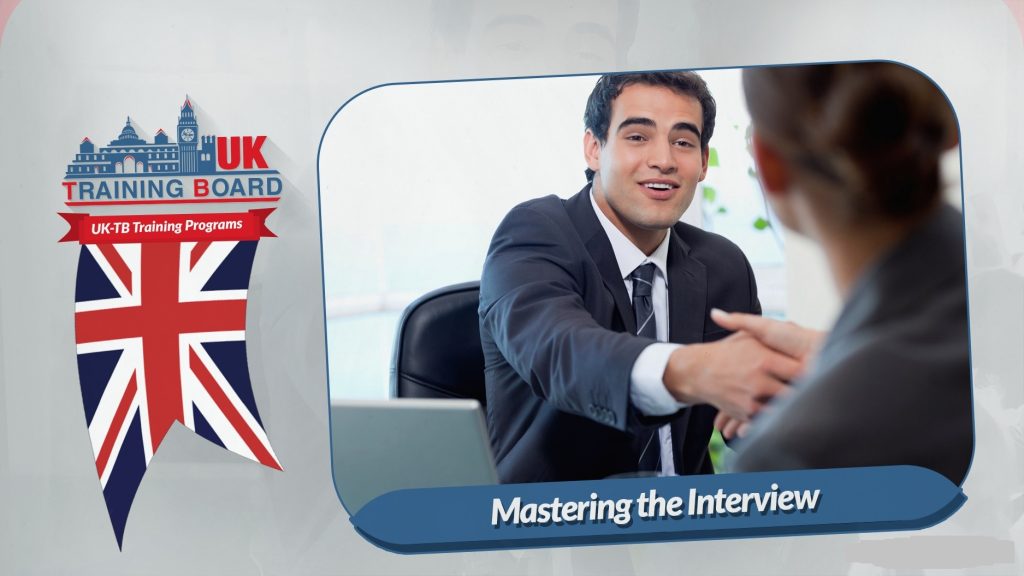Job interviews are rarely stress-free situations. The stakes are high, the pressure is palpable, and your future hangs in the balance. But what if I told you that there’s a breed of interviews that takes the anxiety up a notch? Enter the stress interview, an intimidating exercise designed to test your mettle under pressure. In this blog, we’ll dive into the world of stress interviews and equip you with strategies to not only survive but thrive in these high-pressure situations.
What is a Stress Interview?
First things first, let’s clarify what a stress interview is. Unlike a typical job interview, where the focus is on assessing your qualifications, a stress interview aims to see how you handle extreme pressure, ambiguity, and challenging situations. This type of interview is often used for positions that require high-stress tolerance, quick thinking, or resilience, such as sales, customer service, or emergency response roles.
Understanding the Purpose
Before you break into a cold sweat at the mere mention of a stress interview, it’s crucial to understand why employers use them. Stress interviews serve several purposes:
Assessing Reaction Under Pressure: Employers want to gauge how you perform in high-pressure scenarios because these situations are common in many roles. Your ability to stay composed and make rational decisions is valuable.
Evaluating Emotional Intelligence: Stress interviews often involve challenging questions or confrontational behaviour from the interviewer. Employers use these tactics to assess your emotional intelligence and interpersonal skills.
Testing Adaptability: In rapidly changing work environments, adaptability is key. Stress interviews help employers assess your capacity to adapt, innovate, and find solutions on the spot.
Now that we’ve shed light on the why, let’s explore strategies to help you tackle stress interviews effectively.
Strategies for Navigating Stress Interviews
- Preparation is Key: The first step to success in any interview, stress or otherwise, is thorough preparation. Research the company, the role, and any relevant industry trends. Anticipate the kind of pressure scenarios that might arise and have examples from your past experiences ready to demonstrate your ability to handle them.
- Practise Deep Breathing: During a stress interview, it’s easy to get overwhelmed and start to panic. One technique to regain control is deep breathing. Inhale deeply for a count of four, hold for four, and exhale for four. Repeat this process several times to calm your nerves.
- Active Listening and Empathy: In stress interviews, interviewers might employ aggressive or confrontational tactics. It’s essential to remain calm and respond empathetically. Show that you can listen to their concerns, acknowledge them, and maintain a respectful tone.
- Stay Positive and Maintain Confidence: A key objective of a stress interview is to see how you handle criticism or adversity. Stay positive and confident in your abilities. Don’t let negative feedback or challenging questions shake your self-assurance.
- Think Aloud: When faced with a challenging problem or question, don’t be afraid to think aloud. Walk the interviewer through your thought process, even if you’re uncertain about the answer. This demonstrates your ability to handle ambiguity and problem-solve in real-time.
- Stay Solution-Oriented: Stress interviews often involve presenting you with complex problems or ethical dilemmas. Focus on finding a solution rather than dwelling on the problem. Highlight your problem-solving skills and willingness to take responsibility for resolving issues.
- Maintain Professionalism: No matter how intense the situation becomes, maintain professionalism at all times. Remember that you are being assessed on your ability to handle stress gracefully. Avoid reacting emotionally or defensively to challenging situations.
The Takeaway
While stress interviews can be nerve-wracking, they provide valuable insights into your ability to handle pressure and challenging scenarios—a skill that’s often vital in the workplace. By understanding the purpose of stress interviews and employing these strategies, you can not only survive but also excel in these high-pressure situations.
In closing, remember that every interview, including a stress interview, is an opportunity to learn and grow. Even if you don’t land the job, the experience can help you develop your resilience and problem-solving skills, which will serve you well in your career journey.
So, take a deep breath, prepare thoroughly, and face that stress interview with confidence. You’ve got this!



